Heavy insider selling indicates caution. Does this signal an impending market correction? Let's explore.
Speculation is growing on Wall Street about the Federal Reserve ending its quantitative tightening (QT) program. This article analyzes the reasons behind these expectations and their potential impact on financial markets.
As markets widely anticipate a potential interest rate cut by the Federal Reserve, the government shutdown casts a shadow on decision-making, leaving policymakers lacking crucial economic data.
Jensen Huang anticipates substantial revenue growth for Nvidia driven by new AI chips and announces extensive strategic partnerships.
In its October meeting, the Fed cut interest rates, but the decision revealed internal disagreements. Here's a detailed look.

Gold (XAUUSD) Price Analysis: Gold has long been a focal point for market participants seeking exposure to monetary trends, real rates, and global uncertainty.

Growth Stocks to Watch: Growth stocks continue to capture investor interest for their potential to deliver above-market returns as they expand revenues, capture market share, and innovate in large addressable markets.

NVDA Stock Jumps over 2.99%: Nvidia shares moved notably higher during today’s session, drawing attention across markets. The rise reflects a mix of corporate updates, industry dynamics, and market positioning.
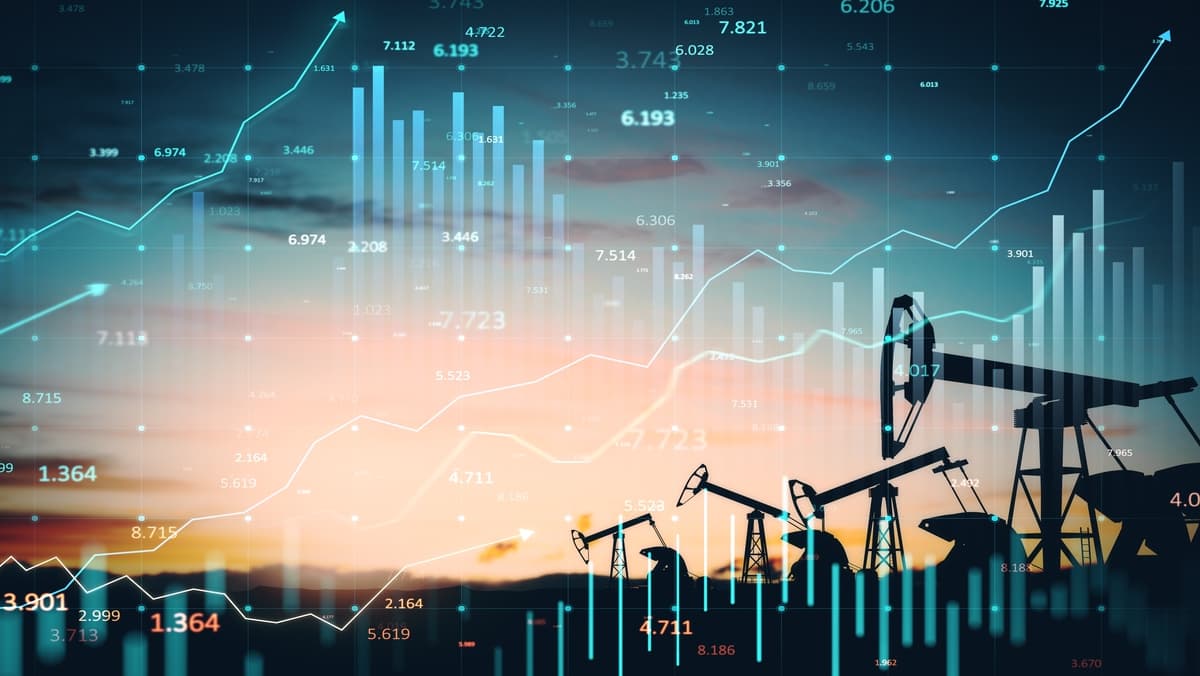
Oil price forecast: Crude oil prices recently eased, prompting market participants to reassess near-term trajectories.

S&P 500 Stocks Analysis: The S&P 500 features a wide range of companies across various sectors, with some of the most influential players being Nvidia, Amazon, and Salesforce.
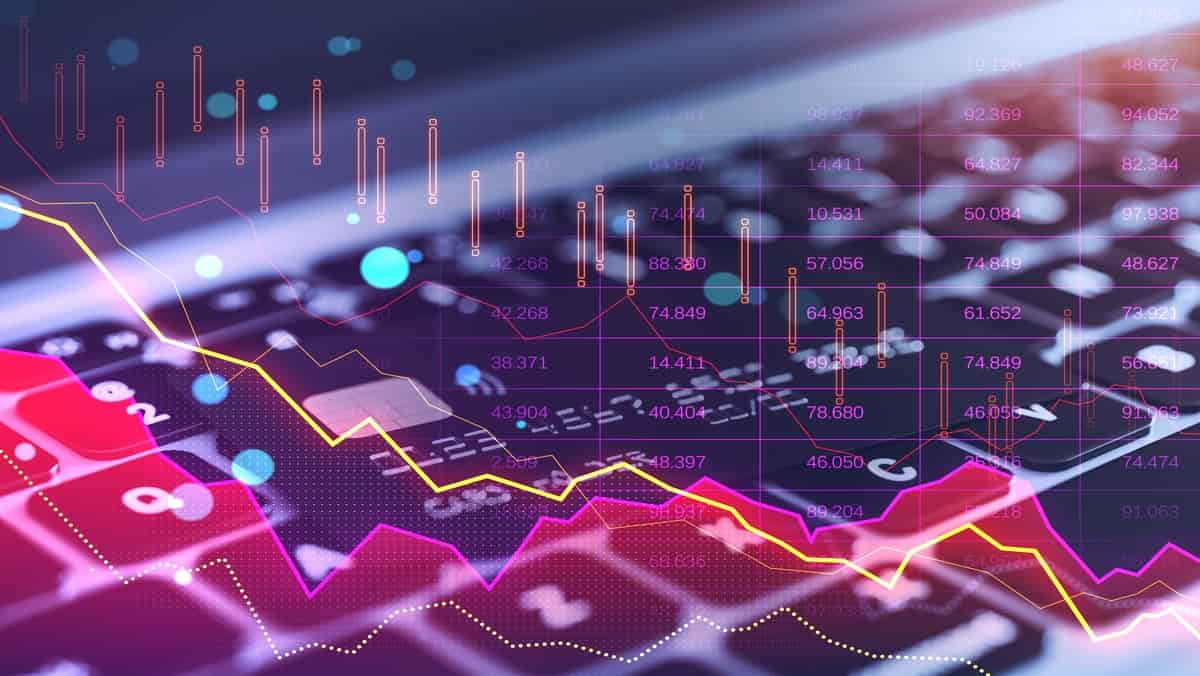
USD/INR Analysis: The USD/INR currency pair represents the exchange rate between the United States dollar and the Indian rupee.
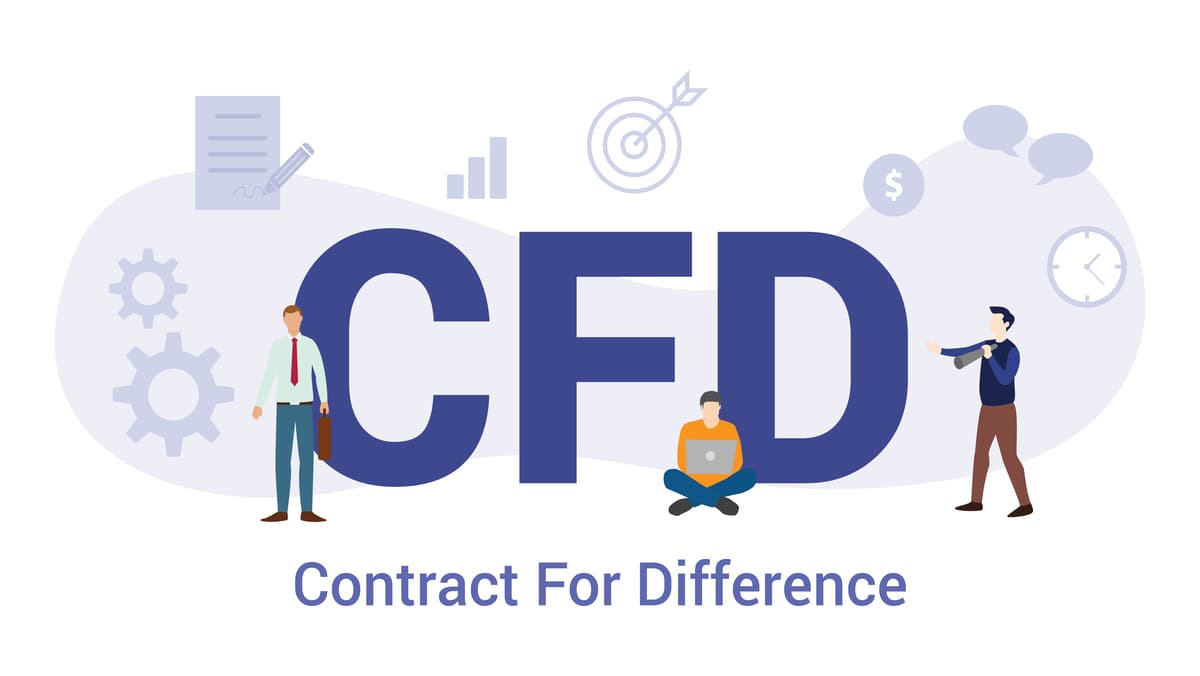
Where to trade bitcoin CFD: Trading Bitcoin through Contracts for Difference (CFDs) has become a popular way to engage with cryptocurrency markets without owning the underlying asset.
The blockchain industry is projected to generate $19.8 billion in onchain revenue in 2025, reflecting significant growth in user fees and broader adoption.
dYdX, a decentralized exchange specializing in perpetual contracts, is gearing up for a US market entry by the end of 2025, focusing on spot cryptocurrency trading. Additionally, a governance vote regarding compensation for users affected by a recent outage is underway.
Bitcoin miner Core Scientific's proposed merger with AI infrastructure firm CoreWeave did not secure shareholder approval. Examining the reasons and potential consequences.
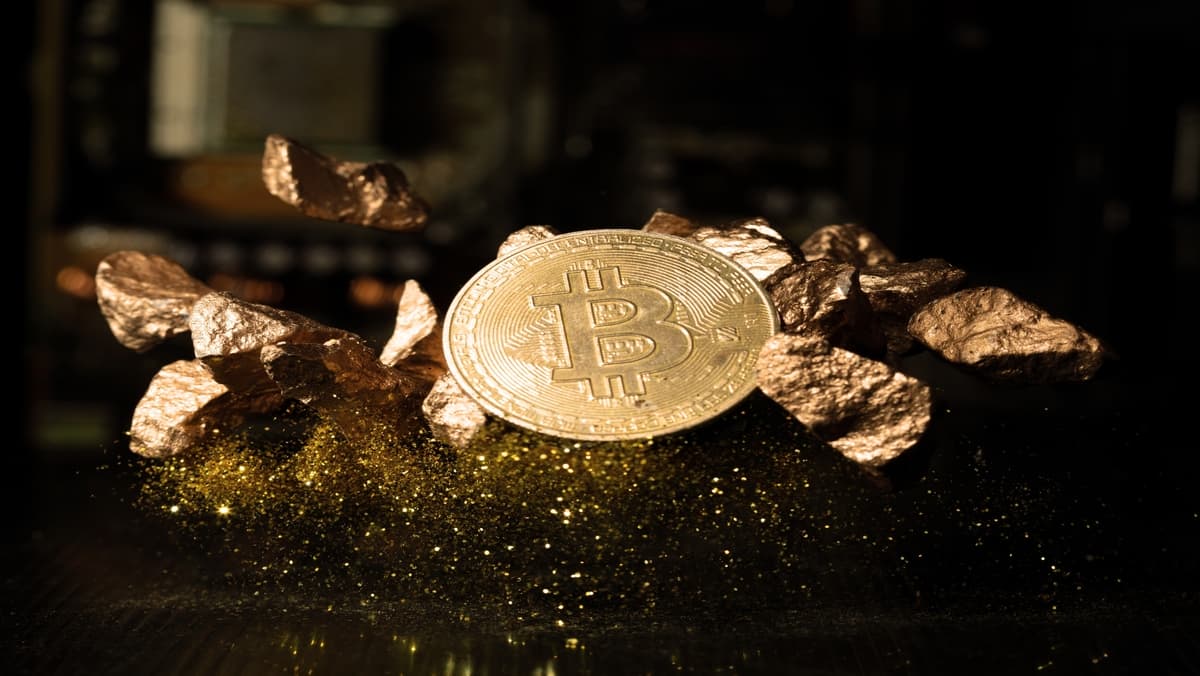
Crypto market analysis: Cryptocurrency has become a widely discussed topic in financial circles and beyond.

Best currency pairs to trade: Understanding the world of Forex trading begins with knowing what currency pairs are and how to choose the right ones for your trading approach.
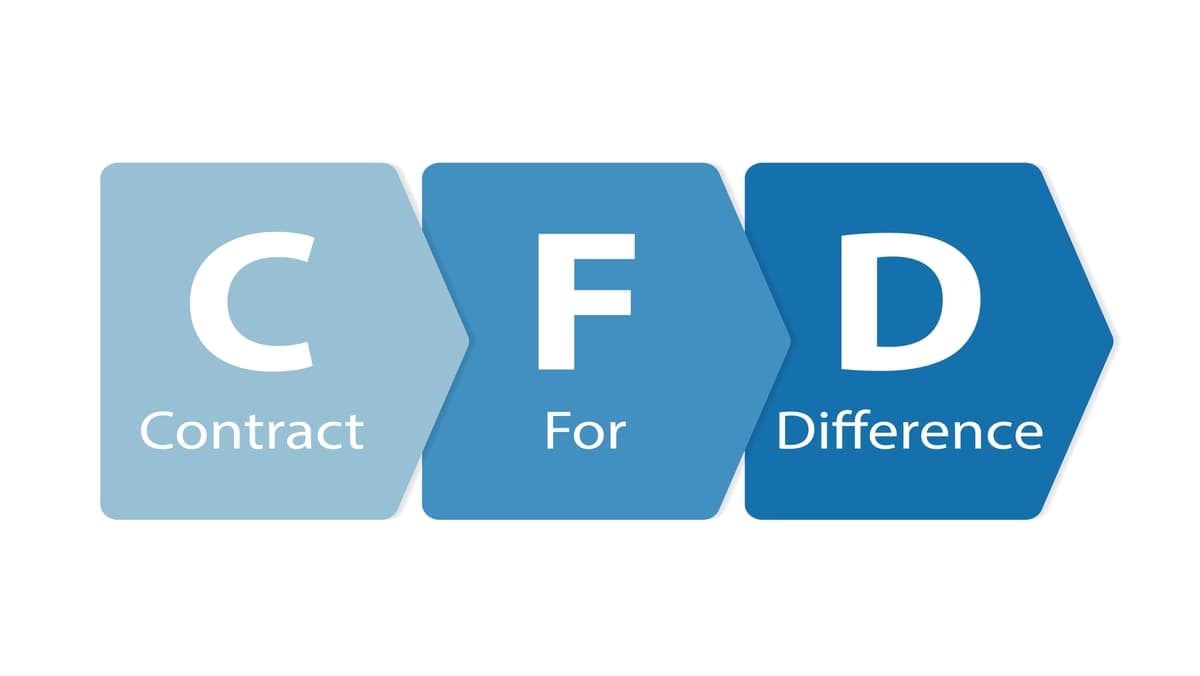
CFD Trading Basics: Contract for Difference (CFD) trading has become a popular way for many people to participate in financial markets.